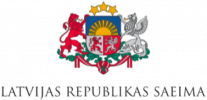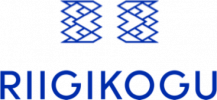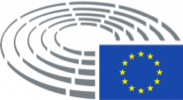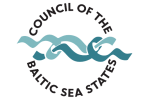On 3-4 November, the members of the Baltic Assembly participated in the meeting of the Baltic Sea Parliamentary Assembly (BSPC) Standing Committee that was held in Tallinn, Estonia.
President of the BA Andrius Kupčinskas highlights that the parliamentary cooperation in the Baltic Sea region plays an important role in addressing shared challenges and fostering unity. “By pooling resources and knowledge, the Baltic Sea countries can tackle issues more effectively than they could individually, strengthening the stability, security and prosperity of the region. Parliamentary cooperation not only enhances alignment on regional policies but also serves as an excellent platform for countries to uphold democratic values and support international standards, reinforcing the region's collective influence within the EU and beyond,” stressed the President.
During the meeting, members discussed several key topics essential for regional stability and environmental sustainability. Topics included strengthening cooperation with the Council of the Baltic Sea States (CBSS) and the Baltic Marine Environment Protection Commission, known as HELCOM, to address shared concerns. In addition, members focused on advancing the circular economy to promote sustainable resource use across the region, and addressing cybersecurity challenges, recognizing the critical importance of protecting digital infrastructure amid evolving security threats.
Currently, Estonia is holding the presidency in the CBSS, therefore, Ambassador-at-Large for Baltic Sea Cooperation Tõnis Nirk informed the BSPC Standing Committee about the current and planned activities. The main focus of the Estonian presidency is on strengthening resilience and sustainability. The CBSS also plans to continue its strong support to Ukraine, especially on issues important to Ukrainians and where the CBSS possesses substantive competence. Read more about the Estonian presidency in CBSS here.
Lithuania will hold the Chairmanship of HELCOM until 30 June 2026, taking over from Latvia. HELCOM Executive Secretary Rüdiger Strempel informed about the activities and plans of the Committee. The priorities of the Lithuanian Chairmanship are 1) strengthening HELCOM’s role in the context of geopolitical challenges, 2) seeking a balance between the Blue Economy and environmental protection, and 3) strengthening dialogue and engaging the public in decision-making. Read more about the Lithuanian Chairmanship in HELCOM here.
Circular Economist and Trainer in the field of circular economy Mayri Tiido gave a presentation about the overall circular economy situation in the Baltic Sea region and provided with several examples of innovative projects. She highlighted that advancing the circular economy requires stronger regulatory support to create incentives, harmonize standards, and encourage sustainable practices that will enable progress across industries and communities.
Senior Cyber Security Expert at e-Governance Academy and former Director of the NATO Cooperative Cyber Defence Centre of Excellence Merle Maigre continued with cybersecurity challenges, showcasing examples and lessons from Ukraine, Moldova and Western Balkans. She shared that Estonian experts are assisting in Ukraine, contributing their expertise to support ongoing efforts. Estonia also stands as a strong example of how to balance a high level of cybersecurity with a commitment to internet freedom.
The Baltic Assembly at the meeting was represented by President Andrius Kupčinskas, Vice President Jānis Vucāns and member of the Presidium Enn Eesmaa.
Photos
© Photos by the Riigikogu (author: Erik Peinar)
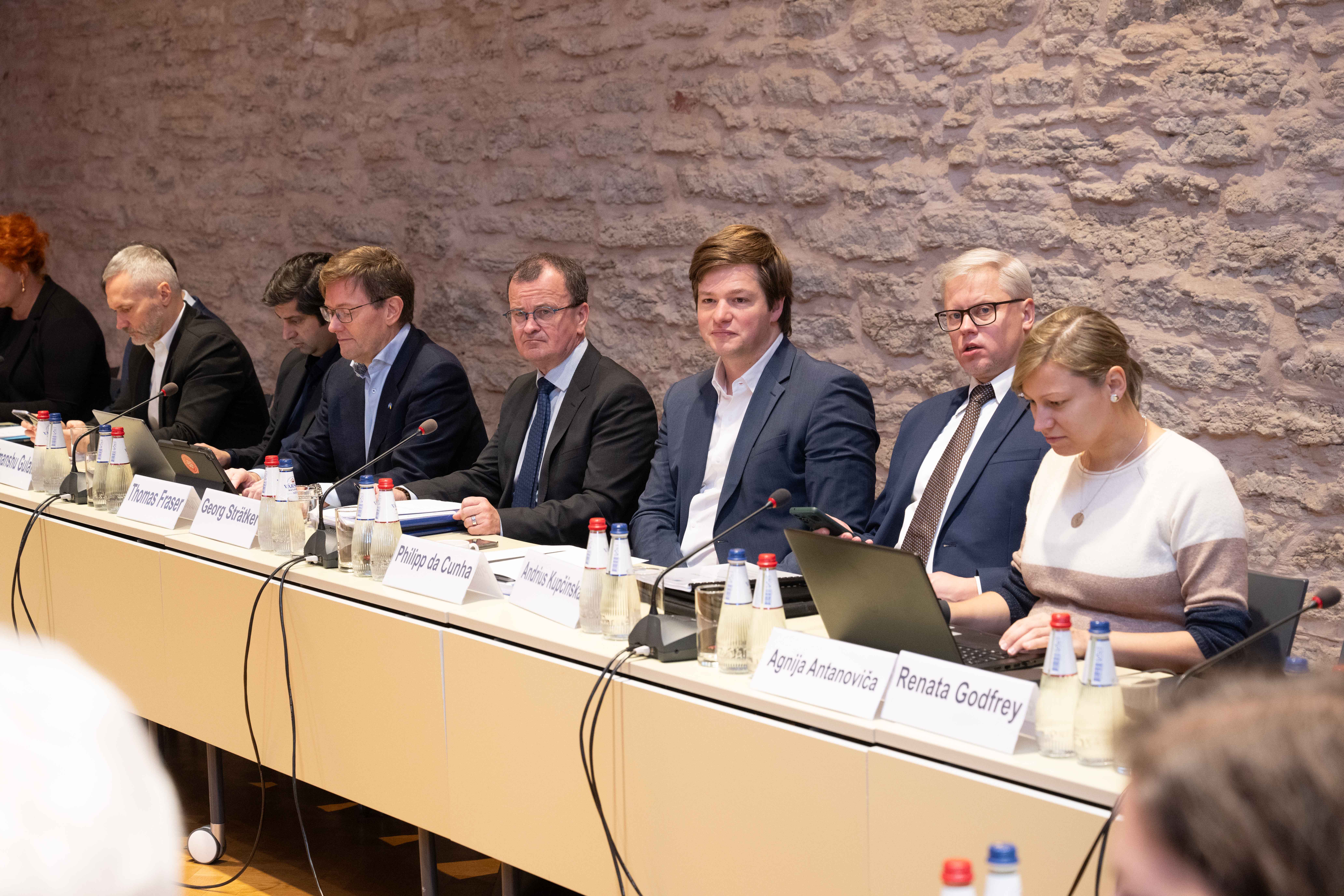
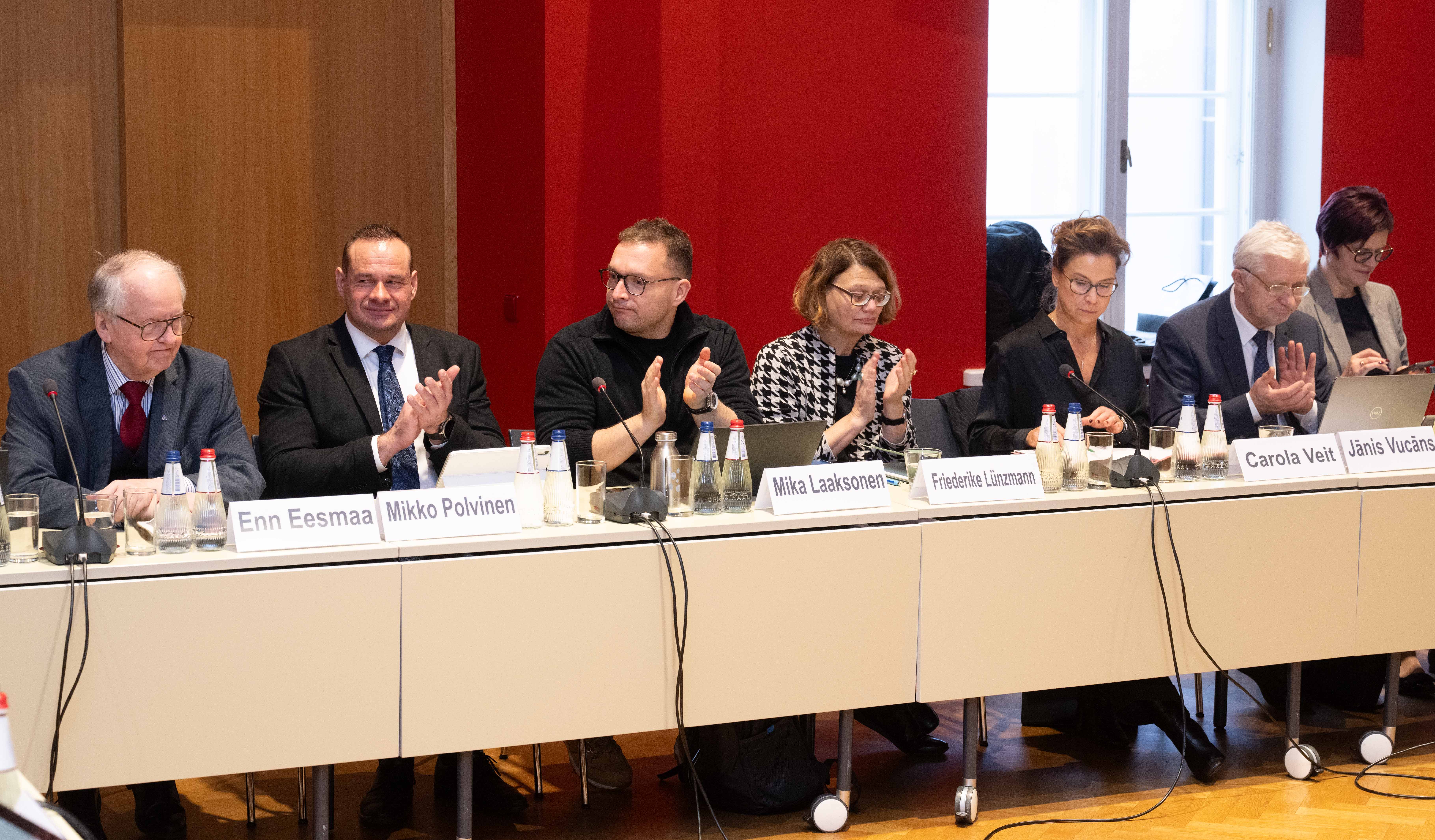
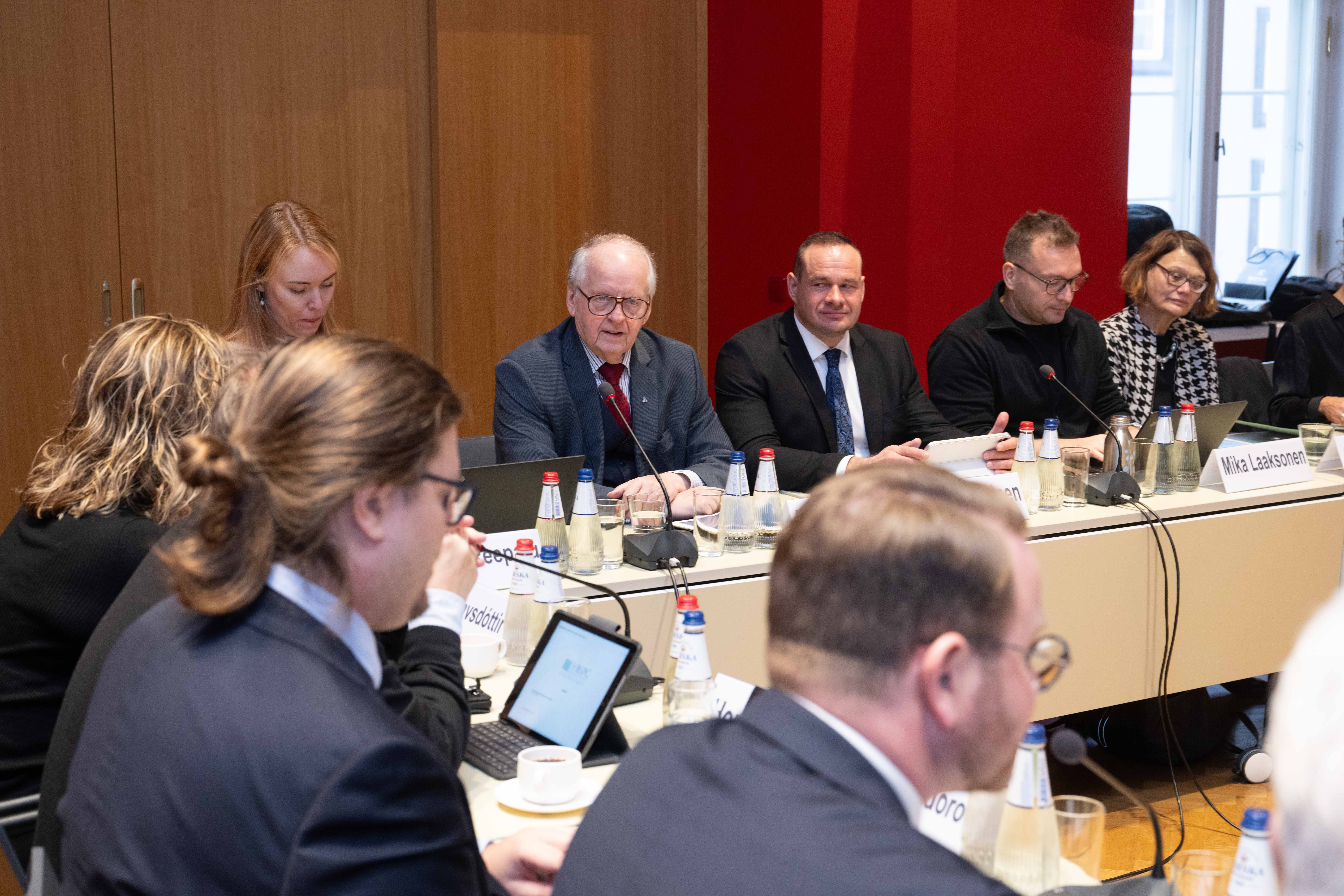
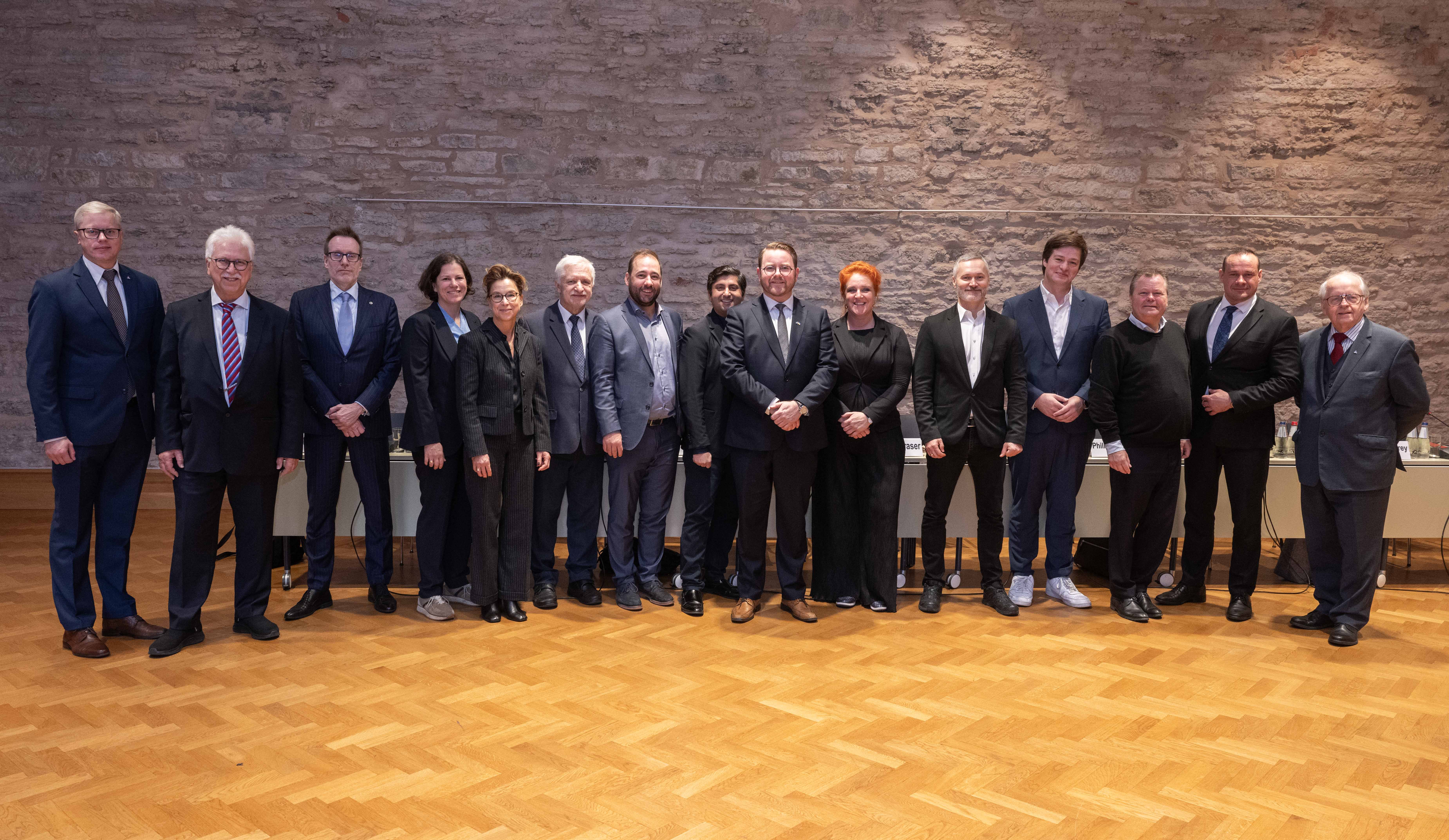
 Print
Print 

